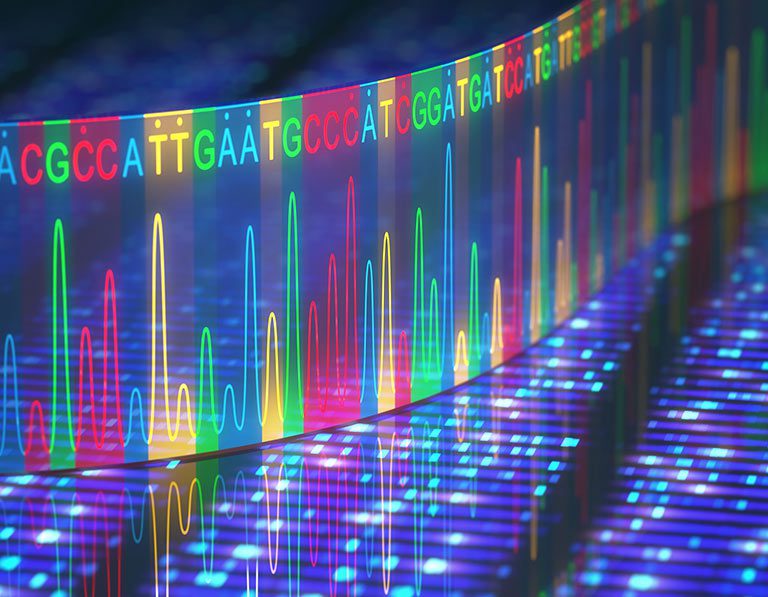
Our Programs
Pipeline
Our first program is focused on targeted LSD1 inhibition. Seclidemstat (SP-2577) is a differentiated inhibitor of LSD1, which is a well-validated target for both hematological and solid tumors. SP-2577 inhibits LSD1’s enzymatic activity and its scaffolding function. SP-2577 is in phase 1/2 clinical trials:
- A company-sponsored Ewing sarcoma clinical trial
- An MD Anderson Cancer Center–sponsored myelodysplastic syndromes (MDS) and chronic myelomonocytic leukemia (CMML) investigator-initiated clinical trial
Our second program is focused on targeted protein degradation and is led by SP-3164, a molecular glue designed to degrade cancer-causing proteins implicated in hematological and solid tumors. SP-3164 is expected to begin the clinical trial in the second half of 2023.
Salarius is also developing an additional early-stage targeted LSD1 inhibitor and an additional targeted protein degrader directed at GSPT1.
Targeted Protein Inhibition
SP-2577 (LSD1 Inhibitor)
Salarius’ LSD1 technology was licensed from the University of Utah Huntsman Cancer Institute, where it was developed in the laboratory of Dr. Sunil Sharma.
SP-2577 is being studied in an ongoing phase 1/2 trial in Ewing sarcoma, a cancer with high unmet need. Targeting Ewing sarcoma represents the Salarius “speed-to-market” strategy, given the potential for accelerated approval.
Ewing sarcoma is a rare and deadly cancer that afflicts about 500 new patients in the US each year, of which many are children and adolescents. There is no standard second-line therapy for the approximately 40% that fail first-line cytotoxic chemotherapy, highlighting the high unmet need for novel treatments. In early 2021, Salarius completed the dose escalation portion of the trial, demonstrating that SP-2577 can be given at doses that are tolerable, provide adequate drug exposure, and show preliminary signs of activity. Salarius is studying the combination of SP-2577 with topotecan and cyclophosphamide (TC), two agents commonly given as second- or third-line therapy, in hopes of improving patient outcomes over TC alone. Read the press release on the interim data.
SP-2577 in combination with azacitidine is being studied in an investigator-initiated trial for the treatment of patients with MDS or CMML. MDS and CMML can both progress into acute myeloid leukemia (AML), and data from our ongoing trial will inform development of SP-2577 in hematologic cancers (also referred to as “liquid tumors” or “blood cancers”), including AML. The American Cancer Society estimates there were almost 20,000 new cases of AML in the US alone in 2020, highlighting the potential to greatly expand SP-2577’s market. Recent data from this study were presented at the American Society of Hematology (ASH) Annual Meeting. The poster presentation can be found here. Additional research is ongoing to identify other larger market indications where SP-2577 may show efficacy.
Targeted Protein Degradation
SP-3164
SP-3164 is a next-generation cereblon (CRBN)–binding molecular glue. Molecular glues are small molecules that commandeer the body’s normal protein degradation processes by causing proteins to stick to one another, thereby inducing selective degradation of cancer-causing proteins. Derived from avadomide, SP-3164 is engineered using deuterium-enabled chiral switching (DECS), a process that replaces hydrogen atoms with deuterium to stabilize the molecule’s active enantiomer, resulting in a novel molecular entity with the potential for increased efficacy and improved safety. SP-3164 degrades transcription factors IKZF1 and IKZF3, along with other proteins, resulting in both anti-cancer and immune-modulating properties. Study data were recently presented at the ASH Annual Meeting. The poster presentation can be found here. SP-3164 has potential in both hematologic and solid tumors and is currently in IND-enabling studies with plans to initiate clinical trials in 2023.
- Programs
- Discovery
- IND Enabling
- Phase 1
- Phase 2
-
SP-3164; A/I MOLECULAR GLUE
Non-Hodgkin’s Lymphomas -
SP-3204; GSPT1 MOLECULAR GLUE
Undisclosed -
Seclidemstat + TC1
Ewing Sarcoma -
Seclidemstat +azacitidine
Hematologic Cancers2 -
Seclidemstat + pembrolizumab
Select Gynecologic Cancers3
1 Topotecan and cyclophosphamide.
2 Investigator-initiated trial active at MD Anderson Cancer Center treating patients with Myelodysplastic Syndromes and Chronic Myelomonocytic Leukemia.
3 Investigator-initiated trial. Clinical trial agreement not yet finalized.
